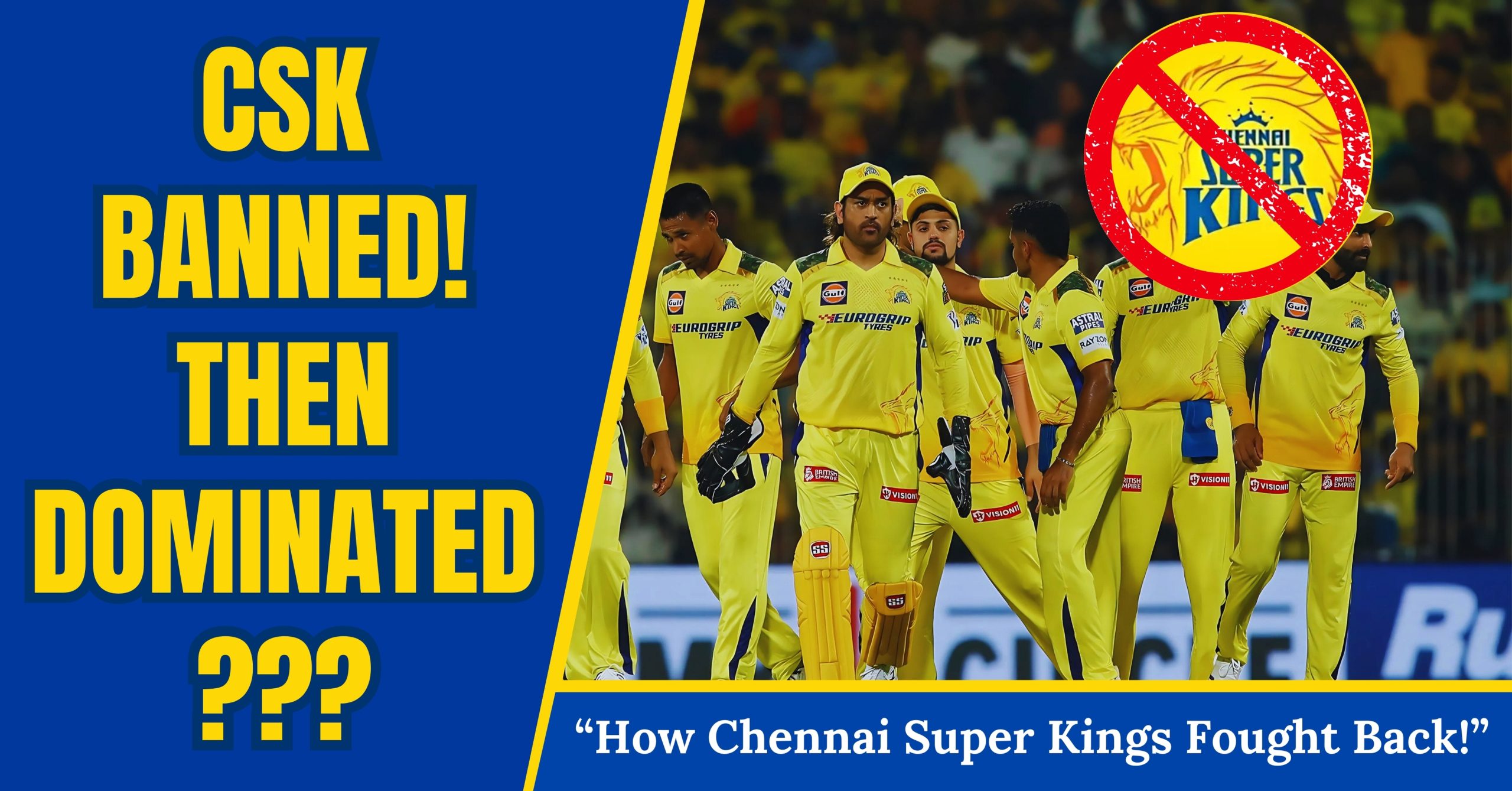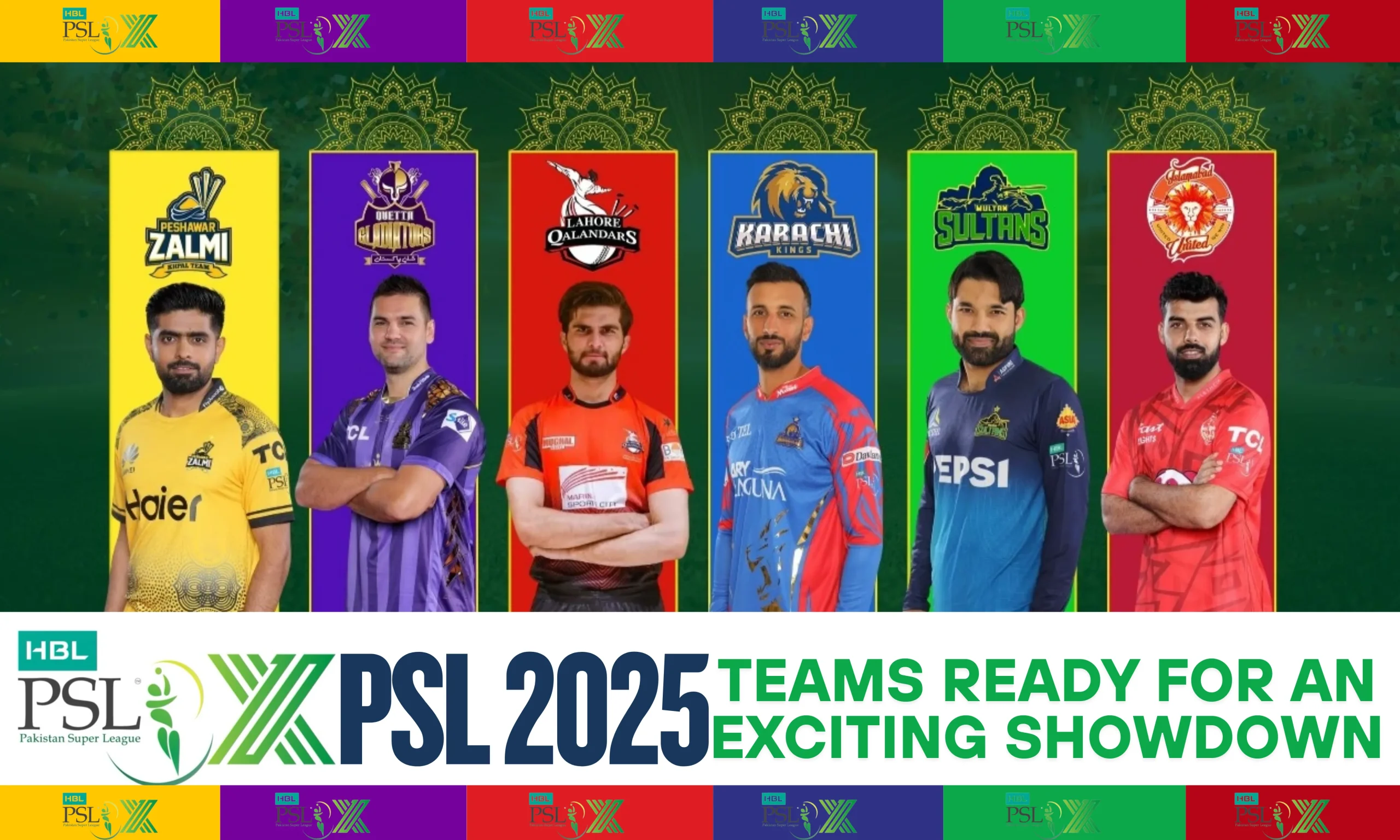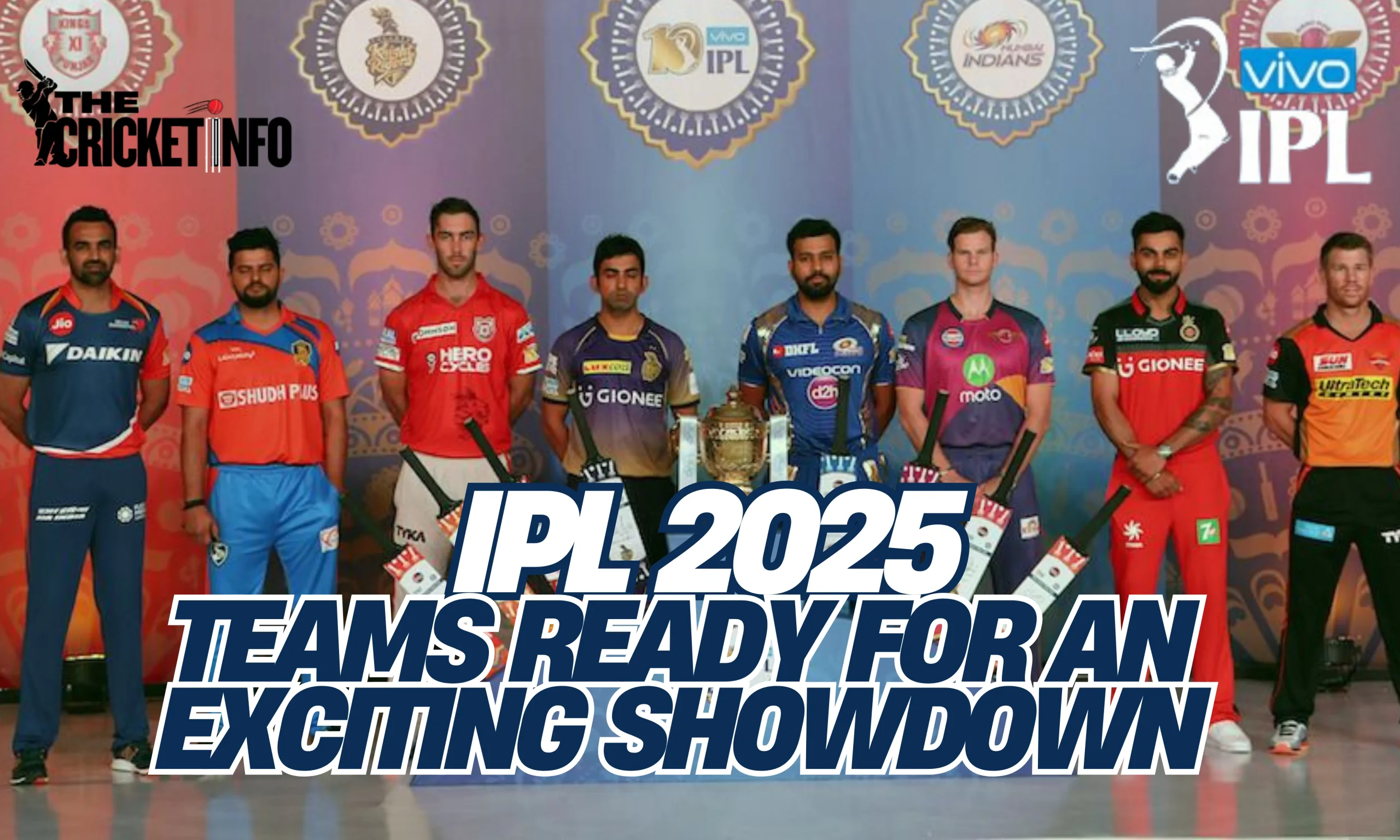CSK faced a major setback when they were handed a two-year ban in 2015, which led to their absence from the IPL in 2016 and 2017. This event, known as the CSK Banned Year not only affected CSK but also had a significant impact on the broader landscape of the Indian Premier League (IPL). The story of CSK’s ban, the issues that led to it, the solutions put in place to address these problems, and the ownership changes that followed, provides valuable insights into the resilience of the franchise.
The Beginning of CSK’s Ban: The Core Issues
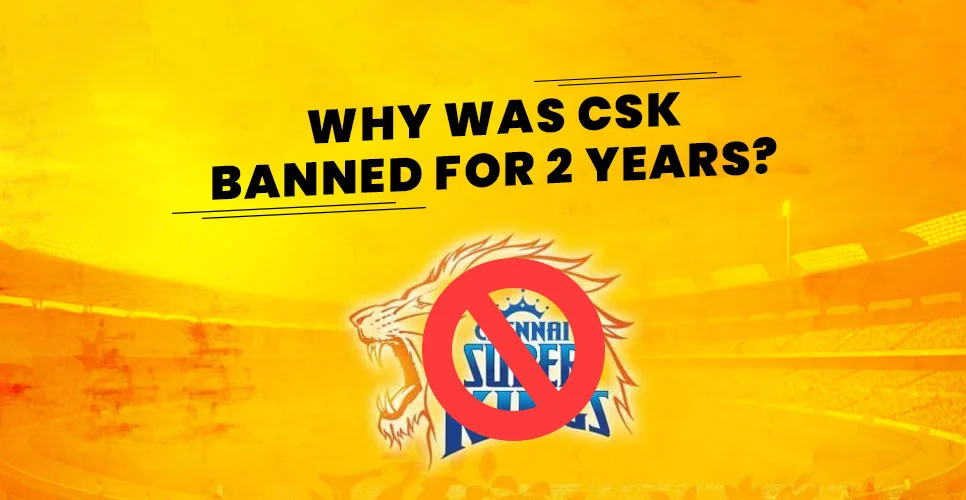
The controversy that led to CSK’s suspension can be traced back to the 2013 IPL season, where allegations of illegal betting and match-fixing rocked the franchise. Guru Nath Meiyappan, who was the team principal of CSK and a close associate of the then-BCCI President N. Srinivasan, was arrested for his involvement in illegal betting activities. He was accused of placing bets on IPL matches and leaking insider information to bookies, tarnishing the reputation of CSK and casting doubts over the integrity of the league.
Timeline of Events Leading to the Ban
| Year | Event |
| 2013 | Gurunath Meiyappan arrested for illegal betting and match-fixing |
| 2014 | Justice Mudgal Committee formed to investigate the scandal |
| 2015 | BCCI imposes a two-year suspension on CSK and Rajasthan Royals |
| 2016 | CSK misses the IPL season due to suspension |
| 2017 | CSK continues its suspension and misses another IPL season |
Investigations and Findings: The Consequences of Negligence
Following Meiyappan’s arrest, the BCCI took immediate steps to investigate the scandal, which led to the formation of the Justice Mudgal Committee. The committee’s investigation revealed that while there was no direct evidence of match-fixing involving CSK’s players, Meiyappan’s actions and the franchise’s inability to prevent him from engaging in illegal betting were significant violations. As a result, CSK’s management, which failed to implement necessary checks and balances, was deemed to have breached the ethical standards expected of IPL franchises.
In 2015, the Supreme Court of India appointed the Justice R.M. Lodha Committee to deliver a final ruling. The committee concluded that CSK’s owner and team principal, Gurunath Meiyappan, violated IPL’s ethics by participating in betting activities. The committee also criticized CSK’s management for not putting adequate preventive measures in place. Consequently, CSK and Rajasthan Royals were both handed a two-year suspension from the IPL.
Impact of CSK’s Ban: The Ripple Effect
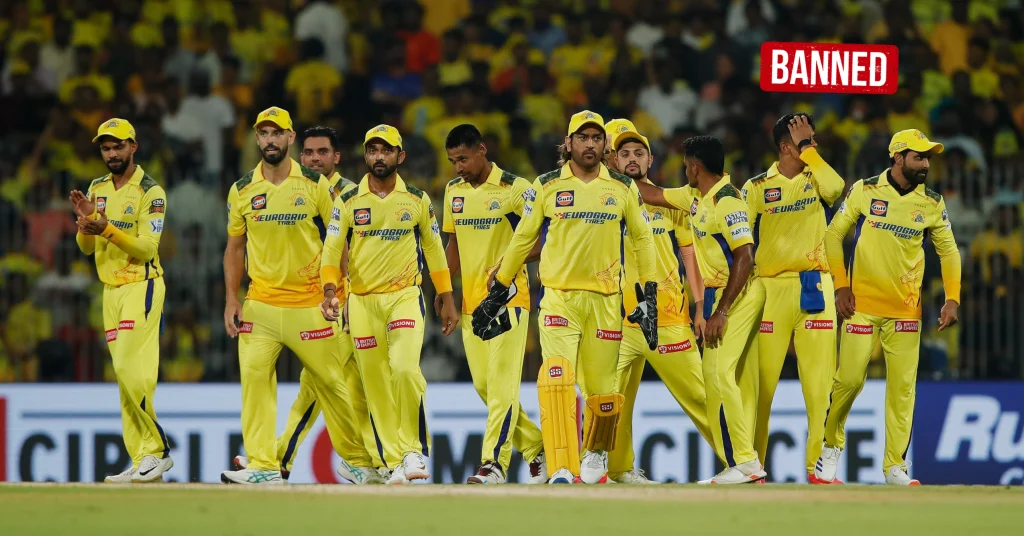
The two-year ban imposed on CSK had far-reaching consequences, not only for the franchise but for the IPL as a whole. The impact was felt across multiple fronts:
1. Impact on CSK’s Legacy and Fanbase
CSK had built a strong legacy, having won the IPL in 2010 and 2011, and finishing as runners-up several times. The team was known for its consistency and dominance, led by captain MS Dhoni. With CSK’s sudden exit from the IPL for two years, the tournament lost one of its marquee teams, creating a noticeable void. The absence of CSK in the IPL left many fans heartbroken, and the absence of their charismatic leader, MS Dhoni, further heightened the disappointment.
2. Player Movements and Disruptions
The suspension also meant that CSK’s key players had to be made available for other teams during the 2016 and 2017 player auctions. Star players like MS Dhoni, Suresh Raina, and Ravindra Jadeja were forced to play for other franchises. Dhoni, for instance, played for Rising Pune Supergiants, disrupting the chemistry and fan dynamics that had developed around the team. This period saw a significant shift in player allegiances and team rivalries.
3. Reputational Damage to IPL
The suspension of CSK, one of the most successful franchises in IPL history, also cast a shadow over the reputation of the IPL itself. While the tournament continued to thrive, the scandal involving illegal betting raised serious concerns about the governance and integrity of the league. This also prompted a review of the IPL’s operational practices, and several reforms were considered to prevent such incidents in the future.
CSK’s Return: Solutions and Redemption
Despite the significant setbacks, CSK’s return in 2018 was a testament to their resilience and strategic overhaul. Upon completing their two-year suspension, CSK made a triumphant comeback, ready to reclaim their position at the top of the IPL rankings. Here’s how CSK’s management, leadership, and ownership tackled the challenges and made a successful return:
1. Leadership under MS Dhoni
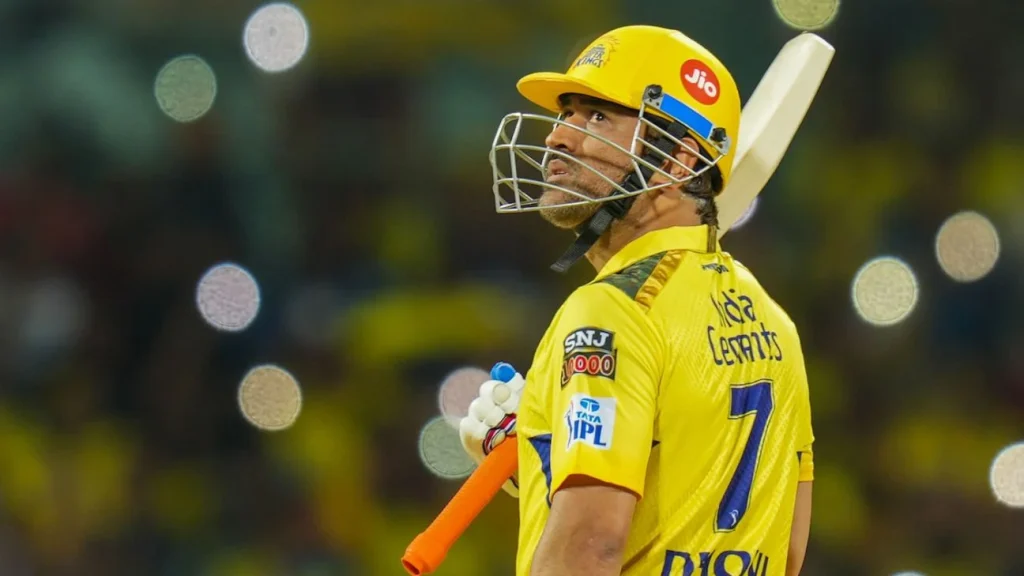
Under the astute leadership of MS Dhoni, CSK made a remarkable comeback. Dhoni’s ability to stay calm under pressure, coupled with his leadership skills, was crucial in restoring the team’s morale. His presence as the team’s captain helped the players focus on the task at hand, blocking out the distractions created by the ban. In the 2018 season, CSK clinched the IPL title, defeating Sunrisers Hyderabad in a thrilling final. This victory was seen as a redemption story and symbolized the team’s ability to bounce back stronger after adversity.
2. Retaining Key Players
A key factor in CSK’s quick recovery was their decision to retain many of their star players, including MS Dhoni, Suresh Raina, and Ravindra Jadeja. This decision ensured that the team’s core remained intact, preserving the winning formula that had worked so well in the past. The loyalty of the players to the franchise played an important role in their successful comeback.
3. Rebuilding the Fan Base
The unwavering support of CSK’s fan base, even during the suspension, was a major motivating factor behind the team’s return. Fans rallied behind the team with full enthusiasm, demonstrating their loyalty despite the franchise’s absence from the IPL. The team’s victory in 2018 further solidified their bond with their supporters, making the comeback even more emotional.
Ownership and Governance: Structural Changes to Prevent Future Issues
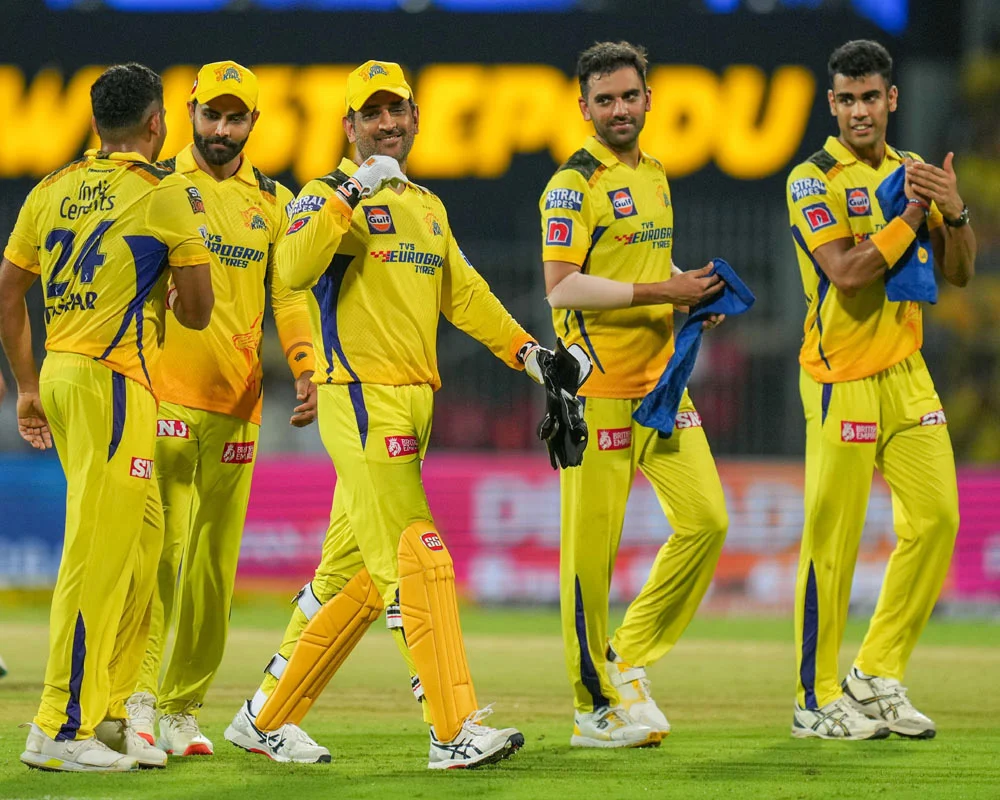
The controversy surrounding CSK also prompted changes at the ownership and governance levels to ensure the franchise adhered to IPL’s ethical standards. The management took responsibility for its past mistakes and committed to improving the governance structure of the team. This involved strengthening internal controls, implementing stricter policies against betting and match-fixing, and ensuring that no such incidents would occur in the future.
Ownership-related changes included greater oversight in terms of team operations and a reevaluation of how the franchise interacted with external stakeholders. These steps helped restore trust with the fans, the BCCI, and the IPL itself.
FAQs on CSK’s Ban and Comeback
- Why was CSK banned from the IPL?
CSK was banned due to the involvement of its team principal, Gurunath Meiyappan, in illegal betting and match-fixing activities during the 2013 IPL season.
- How long was CSK banned?
CSK was banned for two years, meaning they missed the 2016 and 2017 IPL seasons.
- Who were the key players affected by the ban
Key players such as MS Dhoni, Suresh Raina, and Ravindra Jadeja played for other teams during the suspension.
- When did CSK return to the IPL?
CSK made a successful return in 2018 after completing their two-year suspension, winning the title in their comeback season.
- How did CSK perform after their return?
CSK returned with vengeance, winning the 2018 IPL title and continuing to be one of the most successful franchises in the tournament.
Conclusion
The CSK banned year marked a turning point in the franchise’s history. The issues surrounding illegal betting and the subsequent suspension tested the team’s resolve and raised important questions about governance within the IPL. However, CSK’s solutions—strong leadership, key player retention, and a rebuilding of trust—helped them make a stunning comeback in 2018. Their redemption story not only exemplified resilience but also showcased the power of loyal fan support and effective management in overcoming adversity. Today, CSK continues to be a dominant force in the IPL, with their journey serving as an inspiring example of how to rise above challenges and reclaim success.
Do you know about: Unsuccessful IPL Teams: Challenges and Lessons

